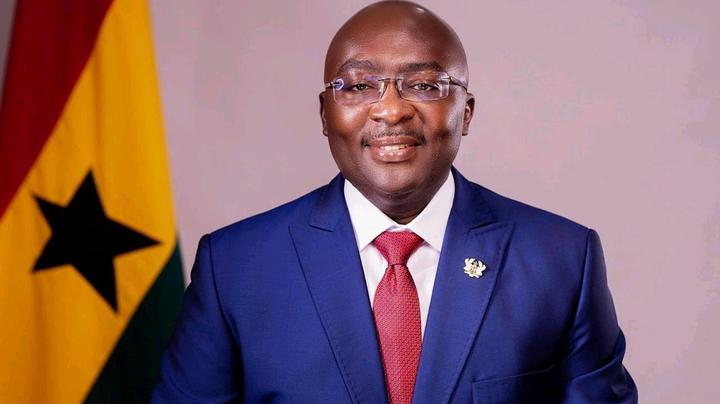Social media debates and online broadcasts have recently ignited controversy in Ghana’s political sphere, with allegations targeting former Vice President Dr. Mahamudu Bawumia and purported political interference involving Yapei-Kusawgu MP John Jinapor. These claims, widely promoted by US-based journalist Kevin Taylor on his With All Due Respect platform, lack concrete evidence but have fueled public speculation amid a politically charged environment.
A post shared on X (formerly Twitter) by @Mr_pee13 suggested that Bawumia was involved in a scandal connected to Hubtel, a major digital payments company in Ghana. The post implied that Bawumia owned the firm and hinted at misconduct intended to tarnish his image and weaken the NPP. Taylor’s broadcast further stoked the controversy, alleging that political operatives sought to “shut down” Hubtel as part of a strategy to undermine Bawumia after the NPP’s election defeat. He also vaguely referenced logistics involving “10,000, 5,000, 20,000 containers,” insinuating a broader destabilization plan. To date, no evidence has linked Bawumia to Hubtel or any attempt to close it. Hubtel CEO Alex Bram remains focused on expanding the company’s digital operations.
Bawumia, during a Takoradi Thank You Tour, acknowledged internal party disputes as a factor in the NPP’s defeat. While some critics, like Dr. Palgrave Boakye-Danquah, cite his involvement in the Domestic Debt Exchange Programme as politically significant, there is no verified connection between him and the Hubtel claims.
Taylor’s broadcast also targeted John Jinapor of the NDC, suggesting political forces were applying pressure to weaken his influence, particularly over his criticisms of the NPP’s energy management and transformer supply issues during the Akufo-Addo administration. Jinapor reiterated his concerns about accountability in the energy sector in an interview, though no evidence has surfaced to support claims that he is being actively undermined.
With these allegations continuing to circulate unverified, questions remain about the political motives behind them and the potential impact they may have on Ghana’s political landscape moving forward.
Source
